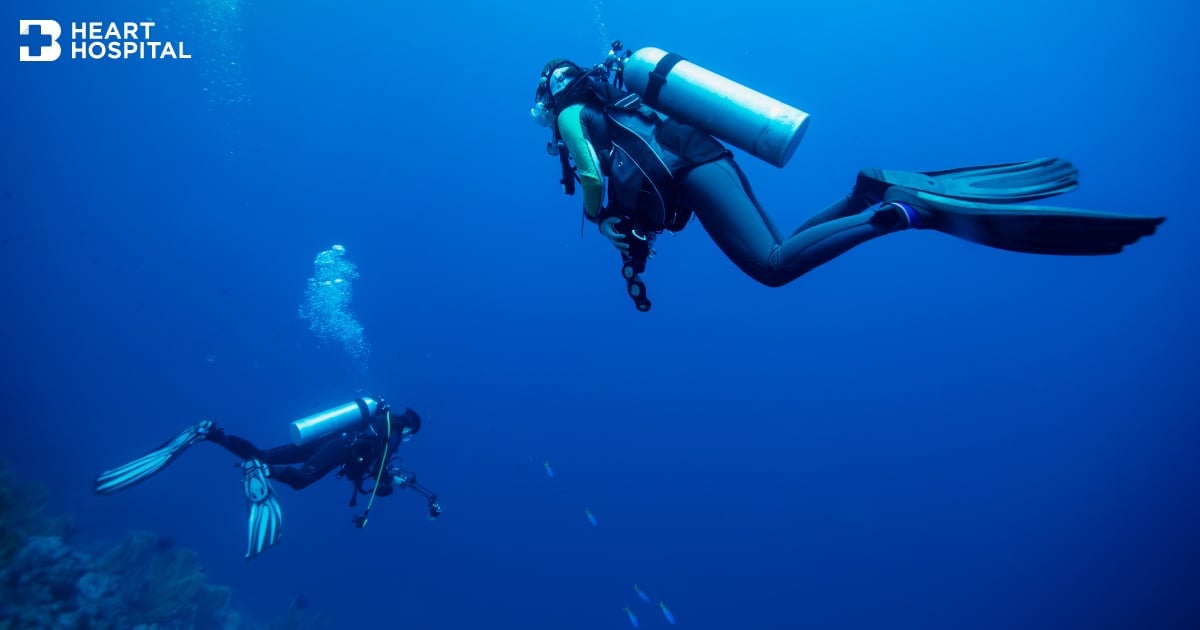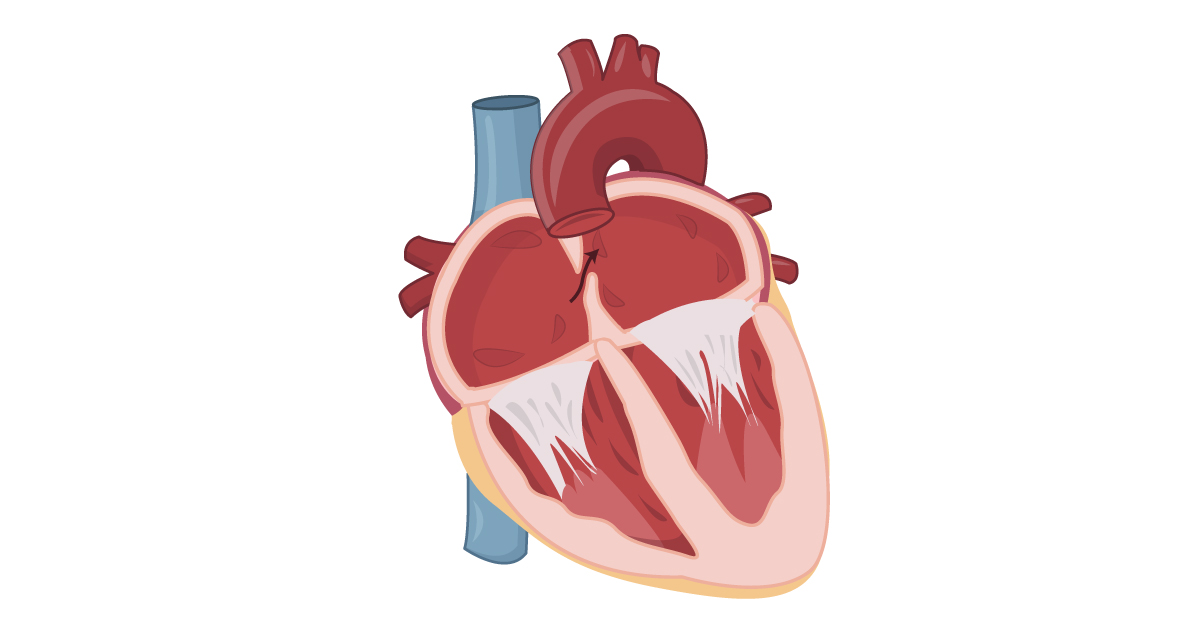Divers who are unaware of the hole between the two upper chambers of the heart must take caution

Diving is becoming a popular activity for both amateurs and professionals. What all divers should not neglect and take in to account is their detailed physical examination before diving as silent danger from Decompression Sickness (DCS) may exist for those who have Patent Foramen Ovale (PFO) or a hole between the upper chamber of the heart. If severe, it will be life-threatening.
A diver, who has PFO, has 2.5 times more risk of DCS than a healthy one. And if the hole is very large, there is a 44% risk of paralysis and 4 times higher risk of stroke.”
Common condition among divers
The most common and dangerous condition among divers is DCS or Bend which occurs when the body is under rapid pressure reduction, causing nitrogen narcosis, a condition in which inert gas in the body expands and forms bubbles to clog the blood vessels. This causes tissue injuries and abnormalities in various organs, especially those who dive deeper than 30 feet or 10 meters will have more risks of DCS if they come up to the surface too quickly. The condition may result from improper diving technique, diving too deep, too long, and cold environment. Divers who have obesity, dehydration, drink alcohol, including those who have congenital diseases of the heart or lungs, PFO may have life-threatening risk.
Hidden diseases of divers
Patent Foramen Ovale (PFO) or atrial septal defect (ASD) is the hole between upper left and right chambers of the heart. It is a congenital condition found in a small percentage of the population. Approximately 75% of patients who have congenital PFO will heal naturally by the age of 2. In some cases, the hole does not close, but patients show no signs of abnormality and can have a normal daily routine. Others came to see a doctor because they have stroke or migraine. Deep sea diving is an activity that increases risk of PFO which can lead to gas bubbles clogging blood vessels in the brain or other organs, resulting in stroke, acute paralysis, handicap or death.
How dangerous is PFO?
It is very dangerous for divers who have congenital PFO without noticing it to dive because when there is rapid pressure reduction or high pressure in the water, their right upper chamber of the heart will have more pressure which will expand the hole and let the nitrogen bubbles from upper right chamber of the heart to cross over to the upper left chamber and cause acute paralysis from stroke.
How to treat PFO?
Treatment of large congenital hole in the upper chambers of the heart, atrial septal defect, uses Transcatheter ASD Closure technique by inserting equipment to close the hole. For PFO which is a smaller hole, the doctor will use the same technique but with different equipment. After the treatment, the body will build tissue to cover the hole. The patients need to follow-up with the doctor as scheduled until the hole is completely closed. The hole in more than 95% of the patients will heal within 3 months. They can return to their diving activities after examination with doctor’s consent.
How to prepare yourself before diving
It is recommended that diving enthusiasts and professional divers get a physical check-up by a cardiologist before diving activity. The doctor will use Echocardiogram to measure the size of your heart chambers, aorta, performance of cardiac muscles, heart valves, pressure in the heart chambers, including congenital heart disease such as PFO, etc.
What You Should Do Before Diving
- Get your physical fit and checkup
- Rest well at least 24-48 hours before any dive
- Avoid drinking alcohol
- Do not deep dive for too long, move too much, and rise from water too quickly
- Do not travel by air 18-24 hours after your dive
- Prople who have obesity or congenital conditions should consult a doctore before diving
- People who are 60 years old and older should not dive
Doctor Specialized in PFO
Dr. Kriengkrai Hengrussamee, Cardiologist and Director of Bangkok Heart Hospital
Hospital Specialized in PFO Treatment
Bangkok Heart Hospital is equipped to faciltate divers with complete care, starting from physical examination to treatment of PFO by the expertise of our cardiologists, nurses and multi-disciplinary team of medical professionals, along with state-of-the-art medical technology, so divers can return to their favorite activities happily.

